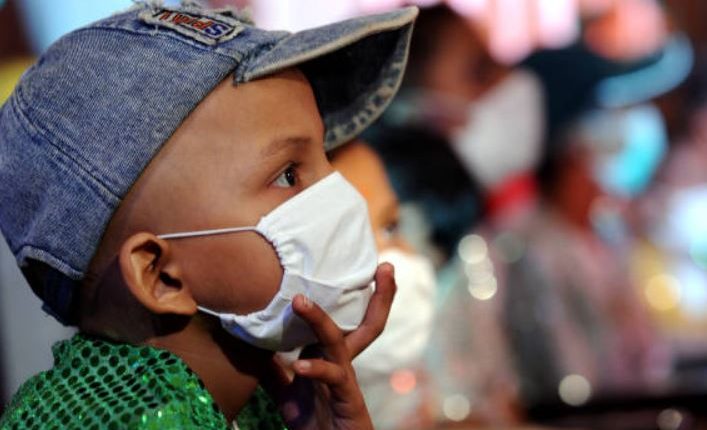New Cancer Treatment Significantly Improves Children’s Prognosis
A promising new treatment for neuroblastomas, a rare and aggressive form of childhood cancer that develops in nerve cells, has emerged from a successful clinical trial.
The groundbreaking approach combines anti-tumour drugs with chemotherapy, significantly improving the chances of young patients.
Positive Outcomes in Neuroblastoma Treatment
Led by the Cancer Research UK Clinical Trials Unit at the University of Birmingham, the trial’s findings highlight the efficacy of integrating anti-angiogenic drugs with conventional chemotherapy.
The study, published in the Journal of Clinical Oncology, involved 160 young participants, aged one to 21, from 43 hospitals across 11 European countries. Half of the participants received the anti-angiogenic drug Bevacizumab in addition to standard therapy.
The results revealed that 26% of those treated with Bevacizumab experienced improvements, compared to 18% in the control group. Additionally, patients who received the drug demonstrated better one-year progression-free survival rates.
One notable success story from the trial is that of Abdullah Mir, a Birmingham schoolboy diagnosed with neuroblastoma in 2017. Given a slim chance of survival after two failed rounds of chemotherapy, Abdullah’s parents turned to the clinical trial as their last hope.
After eight months of treatment with Bevacizumab, the ten-year-old is now an active footballer and Manchester United fan, attending Shirelands Technology Primary School in Sandwell.
Cancer Research UK’s Focus on Incremental Progress in Treatment

Professor Simon Gates, lead author of the paper and Professor of Biostatistics and Clinical Trials at the University of Birmingham, expressed excitement over the trial’s results.
He emphasized that these findings bring researchers closer to finding effective treatments for children battling neuroblastomas.
The current outcomes for children with this rare cancer are generally poor, making even modest improvements significant.
Dr. Laura Danielson, children and young people’s research lead at Cancer Research UK, highlighted the importance of incremental improvements in cancer treatment.
The trial’s success has already influenced updated standards of care across the UK, offering more treatment options for children with neuroblastoma.
Despite these advancements, ongoing research is crucial to achieve greater survival rates and long-term quality of life for children affected by neuroblastoma. The trial is a vital step in understanding the disease’s biology and paving the way for further efforts to enhance outcomes.

